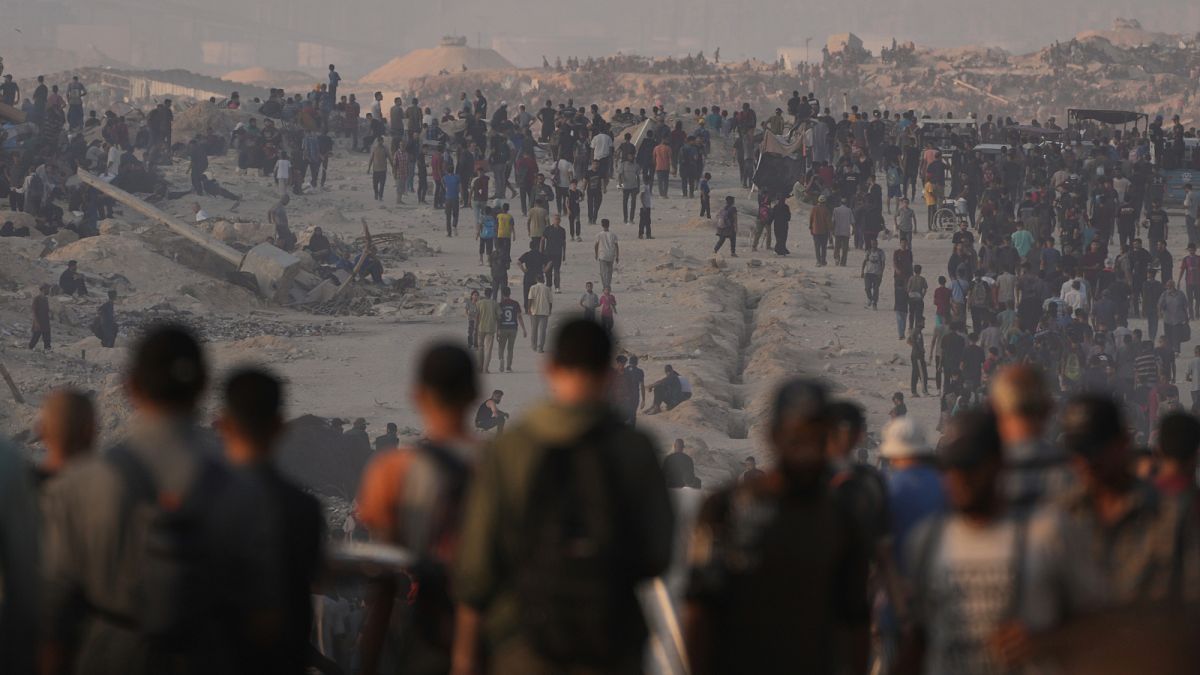

Across various regions of the world, recent developments underscore the persistent tensions and humanitarian challenges faced by nations and their citizens. As we navigate these events, it is essential to maintain a sense of hope and commitment to peaceful resolutions and support for affected communities.
In Gaza, the impact of ongoing conflict reverberates through tragic losses and strain on essential services. Reports from hospitals highlight that at least 25 individuals lost their lives, primarily as a result of gunfire near aid distribution points. Such incidents serve as a reminder of the pressing humanitarian needs within the region and the impact on civilians who strive to obtain necessary support amidst conflict.
Further compounding challenges in Gaza, a notable development involves the detention of medical professionals. Rights groups have drawn attention to the detainment of 28 doctors in Israeli prisons, emphasizing the absence of formal charges against these healthcare workers. The situation raises significant concerns about the implications for medical care and the broader humanitarian response in the region.
Turning to Ukraine, the resilience of its people shines through as they face ongoing military challenges. President Zelenskyy has reported steadfast efforts in resisting Russia’s summer offensive. Despite the hardships on both sides, Ukraine continues to seek international support, notably in the form of advanced defense systems, to bolster its capacity to protect its citizens and maintain sovereignty. The perseverance displayed by those on the front lines is a testament to their dedication to national defense.
In Southeast Asia, tensions have escalated along the border between Thailand and Cambodia. The declaration of martial law in Thailand’s border districts is a response to renewed conflicts in the region, with skirmishes erupting near the historic Ta Muen Thom temple. The complexities of this situation underscore the need for diplomatic engagement to prevent further escalation and find a path toward lasting peace.
Meanwhile, in Iran’s Sistan-Baluchestan province, a tragic attack has taken place, claiming the lives of six civilians and injuring many others. This assault by a jihadist separatist group highlights the ongoing security challenges and the urgent need for dialogue and reconciliation to ensure the safety and stability of affected communities.
As these multiple crises unfold, the international community’s role in providing support and encouraging dialogue is more crucial than ever. Efforts to address these issues with empathy and a commitment to peaceful resolution can help guide these regions toward a more secure and hopeful future. The resilience of affected communities, along with mindful engagement from global stakeholders, remains essential in overcoming these challenges.
While the headlines may often focus on conflict, let us remember the power of solidarity and compassion in bringing about positive change. It is through conscious cooperation and the collective will for peace that brighter days can emerge for those enduring hardship and uncertainty.
Source: {link}
